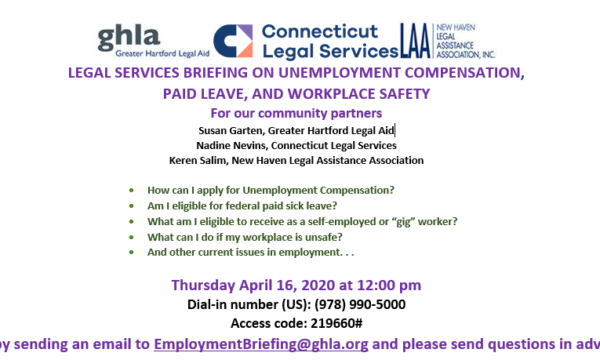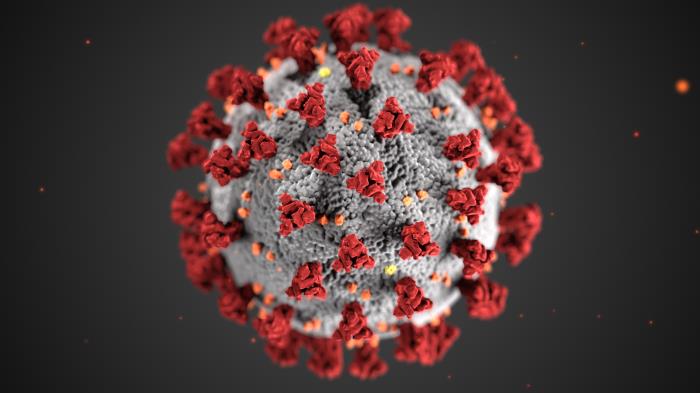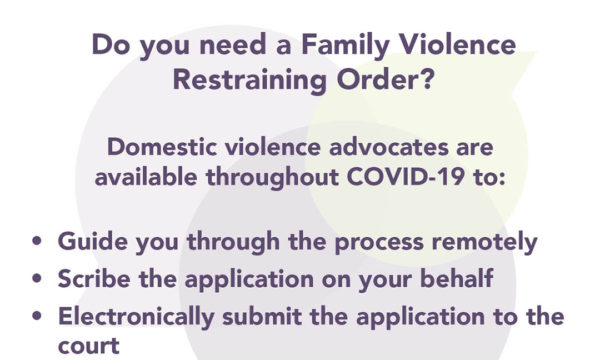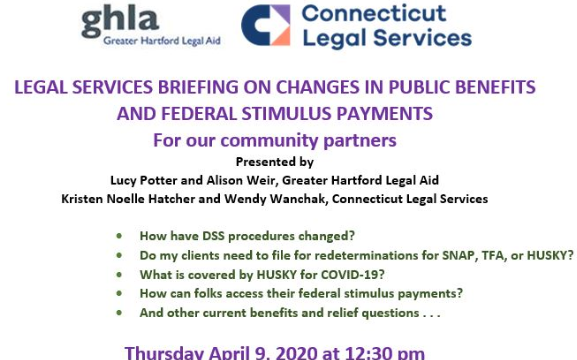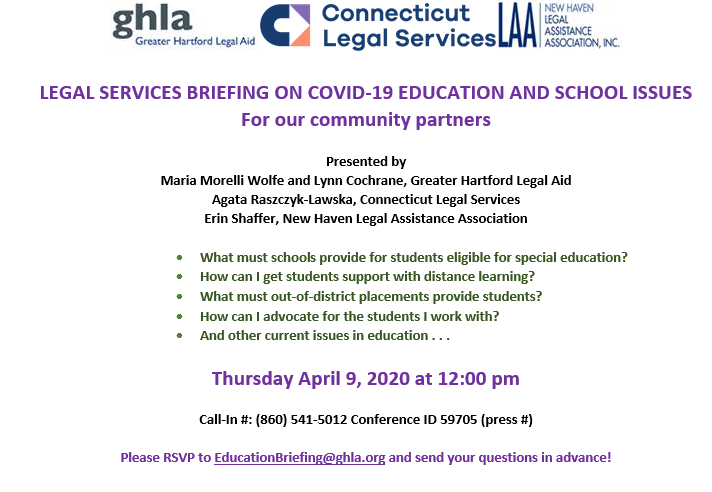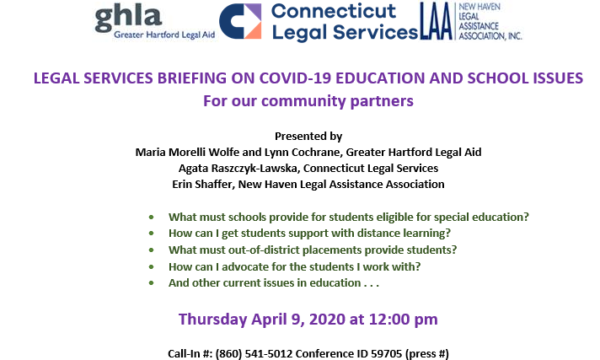If you have symptoms of COVID-19 (fever, cough, shortness of breath):
o We strongly urge you to contact your primary care provider to seek treatment. HUSKY Health primary care providers are now authorized to schedule and conduct visits with you by telephone or videoconference.
o If you do not have a primary care provider, please call the HUSKY Health line at 1.800.859.9889 or access the online provider look-up at the following link: https://www.huskyhealthct.org/provider_lookup.html#
o If you would like to speak with a nurse about your symptoms, call the HUSKY Health Nurse Helpline, also at 1.800.859.9889, and follow the prompts to talk to a nurse who will answer your questions.
If you do not have symptoms of COVID-19 but need medical attention:
o If it is an emergency, call 911.
o If it is not an emergency, but you would like to speak with a nurse about a health issue, call the HUSKY Health Nurse Helpline, also at 1.800.859.9889, and follow the prompts to talk to a nurse who will answer your questions.
o If it is not an emergency or an urgent situation, contact your primary care provider to ask for his or her guidance. HUSKY Health primary care providers are now authorized to schedule and conduct visits with you by telephone or videoconference.
o If you do not have a primary care provider, please call the HUSKY Health line at 1.800.859.9889 or access the online provider look-up at the following link: https://www.huskyhealthct.org/provider_lookup.html#
Connecticut HUSKY Health has made the following changes in coverage, related to COVID-19:
· Suspension of timeframes for renewal of Medicaid/HUSKY Health and cash assistance benefits of current beneficiaries. Initial implementation: if medical or cash assistance benefits were scheduled to end in March 2020—benefits will be automatically continued through June 2020. If medical or cash assistance benefits are scheduled to end in April 2020—benefits will be automatically continued through July 2020.
· Suspension of co-payments for full benefit Medicare Part D beneficiaries who are dually eligible for Medicaid. These beneficiaries are no longer responsible for co-payments of up to $17 per month (aggregate for all prescriptions) for their medications covered by Medicare Part D. Instead, the Department of Social Services will cover the copayment amounts in full, after any other insurer has paid, during the public health emergency.
· Suspension of co-payments in HUSKY B (Children’s Health Insurance Program). The Department of Social Services will reimburse providers for the full reimbursement amount for services subject to the copayment, including the copayment amount. This does not apply to other forms of HUSKY B cost sharing, such as monthly premiums and co-insurance and allowances for dental services.
· Extending fills for non-maintenance and maintenance medications for up to 90 days for Medicaid/HUSKY Health beneficiaries (except for controlled substances).
· Allowing early refill for prescriptions when an individual has used 80% of the prescription (reduced from 93%).
· Telemedicine in medical and behavioral health. HUSKY members can receive medical and behavioral health services from their health care providers by audio-only telephone or videoconferencing.
Important information for uninsured Connecticut residents–HUSKY Health coverage is available year-round for those who qualify
The Department of Social Services reminds the public that applications are open year-round for HUSKY Health coverage (Medicaid and Children’s Health Insurance Program. Uninsured residents with low and moderate incomes are encouraged to:
· Apply online: www.accesshealthct.com;
· Apply by phone: 1-855-805-4325
